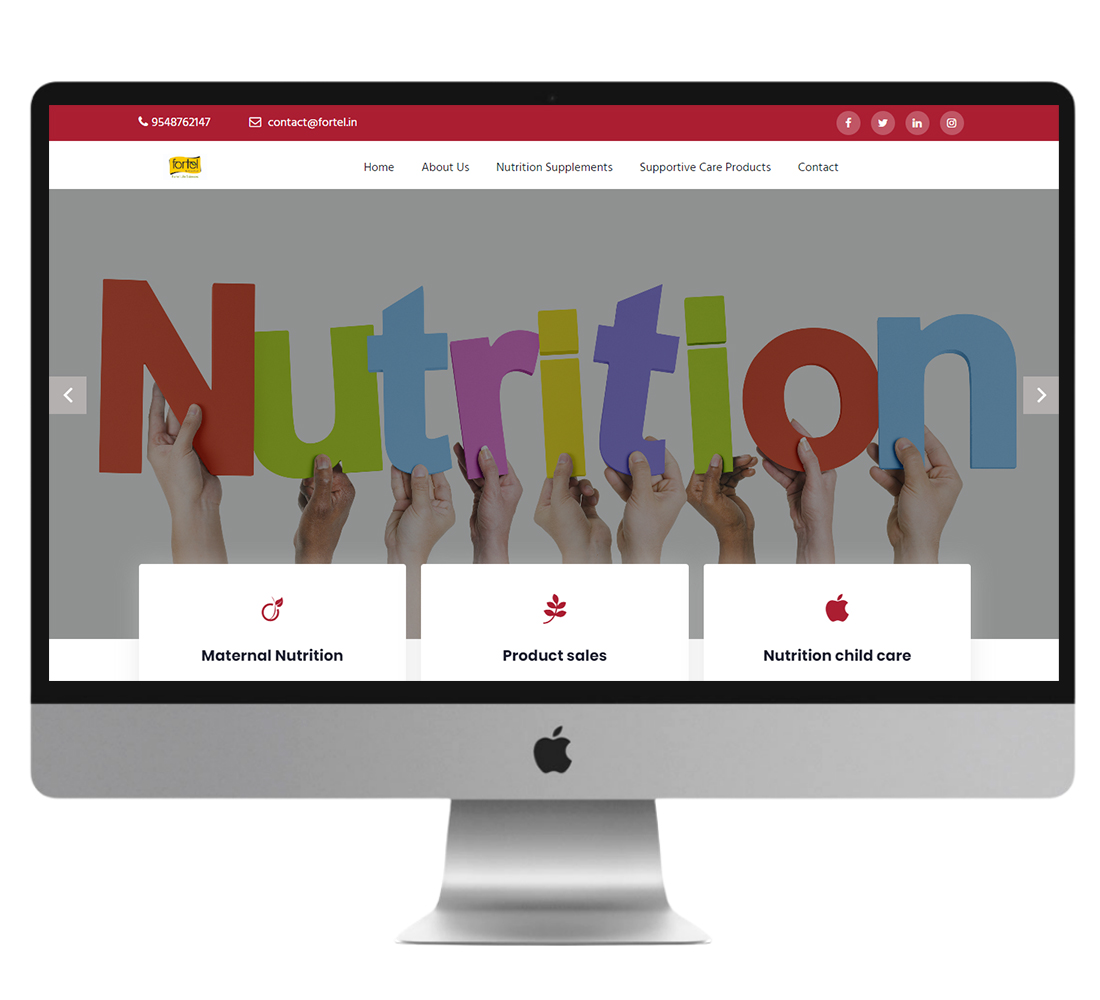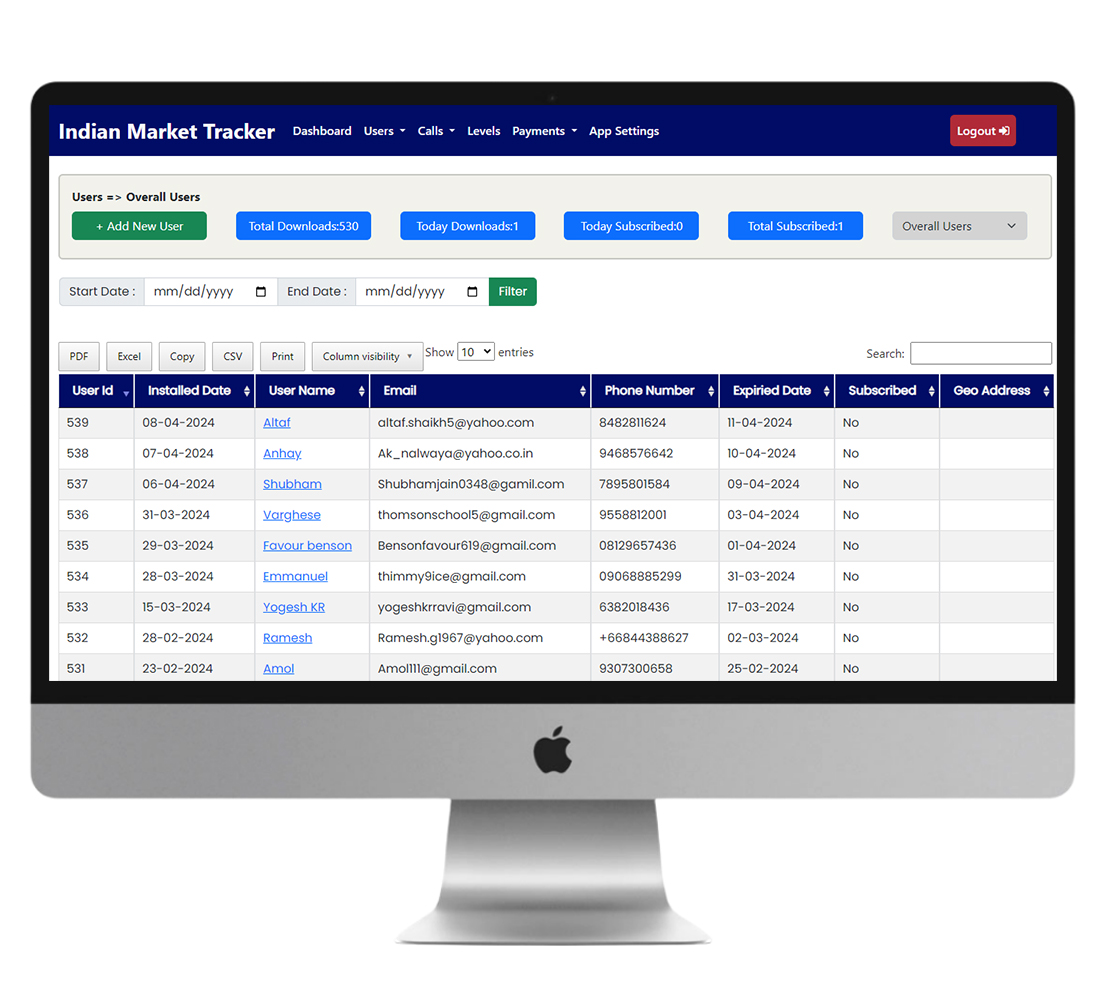Digital Marketing
Fastura Technology Pvt Ltd
Developing a digital marketing strategy related to a service involves utilizing various digital channels and tactics to promote and market your service online. The goal is to reach and engage your target audience, drive brand awareness, generate leads, and ultimately increase conversions and sales. Here's a step-by-step explanation of developing a digital marketing strategy for a service:
1. Define your goals:
Start by clearly defining your marketing objectives. Do you want to increase brand awareness, generate leads, drive website traffic, or boost sales? Setting specific, measurable goals will guide your digital marketing efforts.
2. Identify your target audience:
Determine your target audience for the service. Understand their demographics, interests, online behavior, and preferences. This will help you tailor your marketing messages and choose the most effective channels to reach them.
3.Website optimization:
Ensure that your website is optimized for search engines (SEO) and user experience. This involves optimizing page titles, meta descriptions, and content with relevant keywords, improving website speed and mobile responsiveness, and making navigation intuitive for visitors.
4.Content marketing:
Develop a content strategy to create and distribute valuable, relevant, and engaging content that aligns with your target audience's interests and needs. This can include blog posts, articles, videos, infographics, case studies, and social media content. Content marketing helps establish your expertise, build trust, and attract organic traffic.
5. Search engine marketing (SEM):
Implement search engine marketing strategies to increase visibility in search engine results pages (SERPs). This includes both search engine optimization (SEO) to improve organic rankings and pay-per-click (PPC) advertising using platforms like Google Ads to target specific keywords and drive targeted traffic to your website.
6. Social media marketing:
Leverage popular social media platforms (such as Facebook, Instagram, Twitter, LinkedIn) to build brand awareness, engage with your audience, and promote your services. Develop a social media strategy that includes regular posting, engaging with followers, running targeted ads, and utilizing social media analytics to measure results.
7. Email marketing:
Build an email list of interested prospects and customers and implement email marketing campaigns to nurture leads, drive conversions, and build customer loyalty. Personalize email content and segment your audience for better targeting and higher engagement.
8. Influencer marketing:
Collaborate with influential individuals or industry experts who have a strong online presence and a relevant audience. Partnering with influencers can help expand your reach, build credibility, and generate buzz around your service.
9. Online advertising:
Consider using display advertising, remarketing campaigns, or banner ads on relevant websites to reach your target audience and drive traffic to your service. Platforms like Google Ads or social media advertising platforms provide robust targeting options to reach specific demographics or interests.
10. Analytics and optimization:
Track and analyze the performance of your digital marketing campaigns using tools like Google Analytics. Monitor key metrics such as website traffic, conversion rates, click-through rates, and engagement. Use these insights to optimize your campaigns, make data-driven decisions, and continuously improve your digital marketing efforts.
Remember, digital marketing is an ongoing process that requires monitoring, analyzing, and adapting strategies based on results and changing market dynamics. It's crucial to stay updated with the latest trends, technologies, and consumer behavior to effectively promote your service online.



